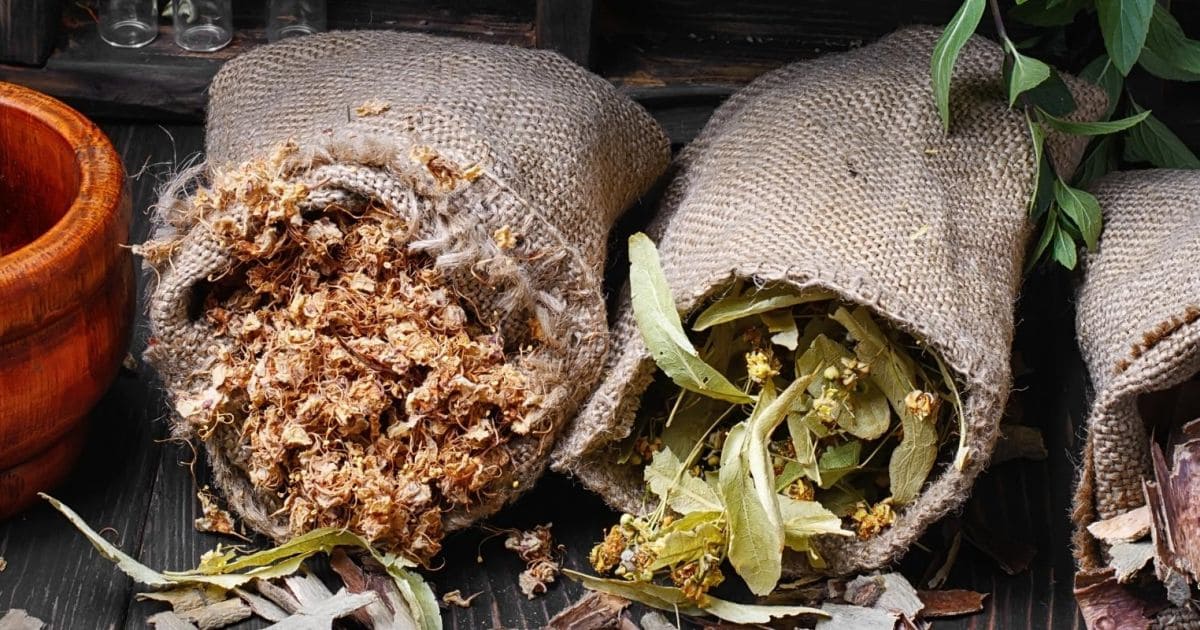Participating in a workshop on Traditional Aboriginal Medicine can provide deep insights into ancient healing practices and offer a holistic approach to health and wellness. This article explores the significant benefits and knowledge one can gain from such an enriching experience.

Understanding Traditional Aboriginal Medicine
Traditional Aboriginal Medicine encompasses a wide range of healing practices developed over thousands of years by Aboriginal and Torres Strait Islander peoples. These methods emphasize balance, connection to nature, and community. By engaging in a workshop, participants can immerse themselves in an extensive repertoire of techniques such as the use of medicinal herbs, spiritual healing, and bodywork methods.
Key elements include:
- Medicinal plants and herbs
- Spiritual and energy healing
- Traditional massage and bodywork
The Educational Value of the Workshop

Workshops on Traditional Aboriginal Medicine are not just about learning new skills; they are immersive experiences that often highlight the cultural and historical contexts of the practices. Participants gain a deeper understanding of Aboriginal worldviews and the holistic nature of their healing methods. The workshop often includes storytelling, which provides a rich narrative on the knowledge passed down through generations.
This education helps in fostering respect and appreciation for Aboriginal cultures. It highlights the interconnectedness of mind, body, and spirit, echoing the philosophy that true wellness involves more than just addressing physical symptoms.
Why Holistic Healing is Important
Holistic healing, a cornerstone of Traditional Aboriginal Medicine, looks at the individual as a whole. It emphasizes the need for harmony and balance in all aspects of life. Unlike conventional medicine, which tends to treat specific ailments, holistic healing addresses underlying causes and promotes overall well-being.
Attending such workshops can enhance one’s understanding of holistic health principles and offer practical ways to incorporate them into daily life. Learning these practices provides tools for reducing stress, improving mental health, and fostering spiritual growth.

The Role of Community and Connection
A crucial component of Traditional Aboriginal Medicine is its emphasis on community and connection. Healing is often a communal activity, reflecting the belief that well-being is deeply tied to one’s relationships with others and the natural world. This communal approach helps to build a support network and fosters a sense of belonging and mutual responsibility.
Participants of the workshop typically take part in group discussions, communal preparation of medicinal remedies, and shared healing sessions. These activities not only impart valuable knowledge but also enrich the soul through social interaction and collective wellness practices.
Personal Growth and Transformation

Many who participate in workshops on Traditional Aboriginal Medicine report personal growth and transformation. These experiences can be eye-opening, leading to a renewed sense of purpose and an appreciation for ancient wisdom. They often inspire a more mindful approach to life, encouraging participants to adopt practices that promote harmony and balance.
This transformative journey often includes a greater awareness of one’s physical, emotional, and spiritual needs, allowing for a more balanced and fulfilling life. Learners frequently emerge from the workshop with a toolkit of practices that they can integrate into their daily routines, promoting long-term health and well-being.
Conclusion
Participating in a workshop on Traditional Aboriginal Medicine offers invaluable insights into ancient healing practices and holistic health principles. It instills a profound respect for Aboriginal cultures and emphasizes the importance of community and balance in well-being. These workshops foster personal growth, transforming participants and equipping them with lifelong holistic health skills.
Frequently Asked Questions (FAQs)
1. What can I expect to learn from a Traditional Aboriginal Medicine workshop?
You can expect to learn about the use of medicinal herbs, spiritual and energy healing, traditional massage, and the cultural context of these practices.
2. Is prior knowledge required to participate in the workshop?
No prior knowledge is necessary. These workshops are designed to accommodate beginners and those with some background in holistic or traditional medicine.
3. How long do these workshops typically last?
Workshop durations can vary, but they typically last from a few days to a week, providing ample time to immerse in the learning experience.
4. Are there any health benefits to learning Traditional Aboriginal Medicine?
Yes, participants often experience reduced stress, improved mental health, and an enhanced sense of well-being by adopting holistic healing practices.
5. Will I receive any certification upon completion?
Many workshops offer a certificate of completion, although the primary benefit is the knowledge and skills gained rather than formal accreditation.



